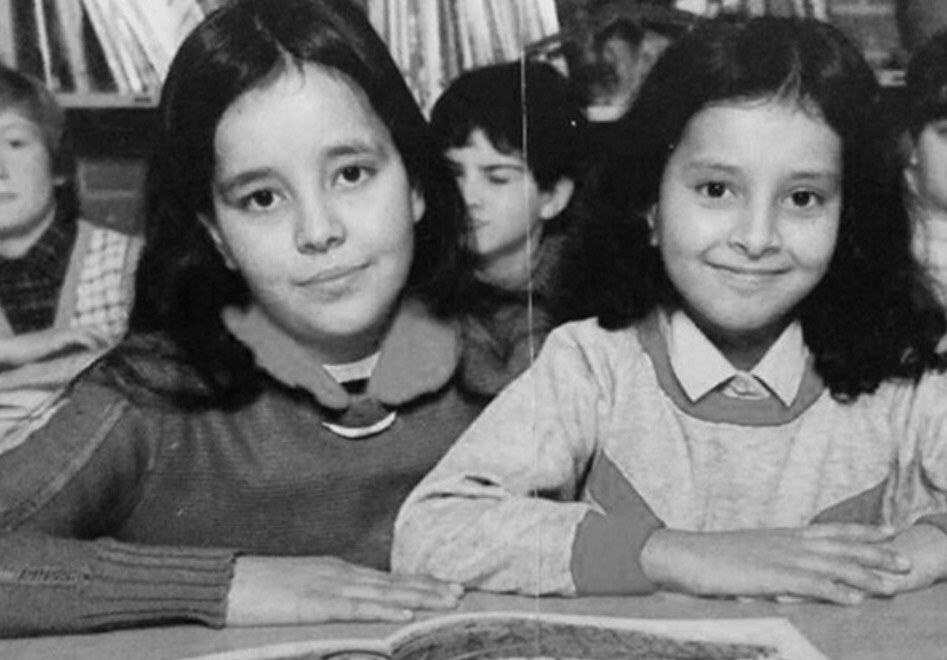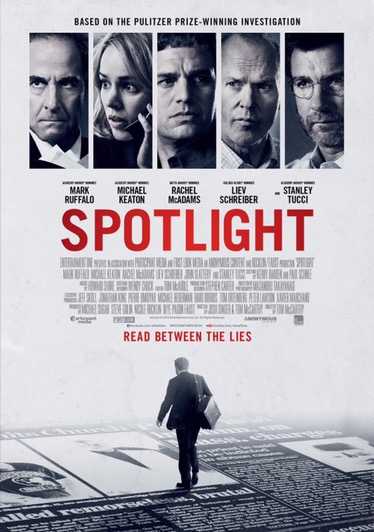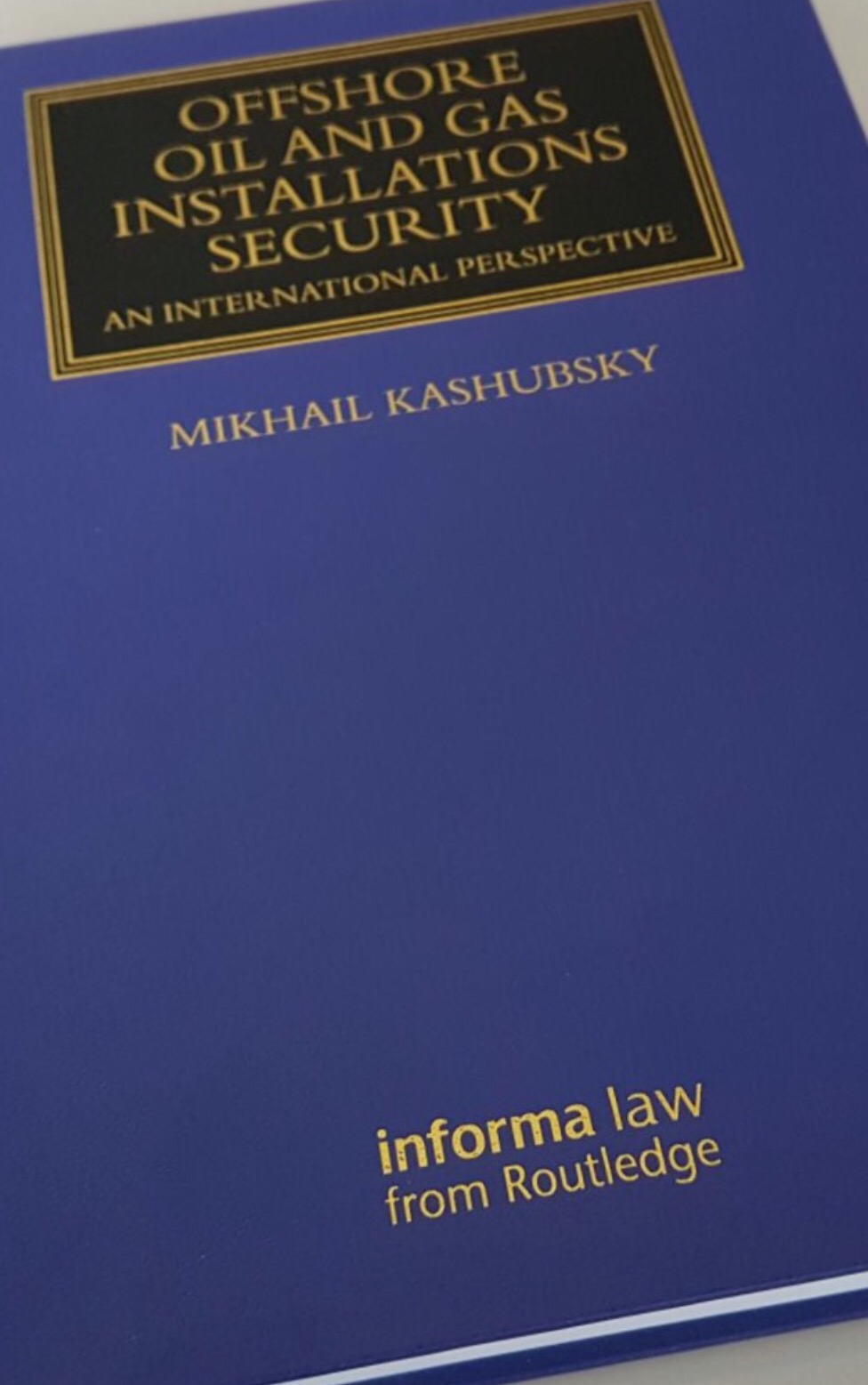I love movies. I always have. Travelling as much as I do, also presents a great opportunity to watch a lot of movies – especially on the long hauls. I like different kinds of movies, from thrillers to biograhies. What I do prefer is an intelligent plot (or true story), told in an original way with good professional craftmanship. I like movies where good actors can shine.
These are my three favourote movies right now and they are surely recommended to all of you. You will not be disapointed.
Spotlight
Based on the true story of the team of dogged Boston Globe journalists who uncovered the Catholic Church abuse scandal, director Tom McCarthy’s drama is cinematic storytelling at its best.
With its stellar ensemble cast (including Michael Keaton, Mark Ruffalo, and Rachel McAdams) and a crackling depiction of shoe-leather reporting, it keeps on surprising until the very last scene. Spotlight is that rare film that’s deeply important and highly entertaining, and made for an easy choice to recommend.
The Walk
The Walk is a 2015 American 3D biographical drama film directed by Robert Zemeckis and written by Christopher Browne and Zemeckis. It is based on the story of 24-year-old French high-wire artist Philippe Petit’s walk between the Twin Towers of the World Trade Center on August 7, 1974.
This is one of the best movies I have seen in recent years. It is extremely well done and even though it is a story about a real event – and I know the end – it still keeps me exited to the last minute. I want to see whst happens.
The film stars Joseph Gordon-Levitt, Ben Kingsley, Charlotte Le Bon, James Badge Dale, Ben Schwartz and Steve Valentine. The film was dedicated to the victims of the September 11 attacks in 2001.
Ex Machina
Three of Hollywood’s top young actors — Oscar Isaac, Domnhall Gleeson, and Alicia Vikander — headline director Alex Garland’s beautifully shot, slow-boiling sci-fi thriller about a Frankenstein-esque inventor, his naive protégé, and the sentient android they’re trying to perfect.
Equal parts smart, sexy, and shocking, and always enthralling.
Eye in the Sky
Eye in the Sky is a 2015 British thriller film starring Helen Mirren, Aaron Paul, Alan Rickman, and Barkhad Abdi. The film, directed by Gavin Hood and based on a screenplay by Guy Hibbert, is about military personnel facing legal, ethical, and political dilemmas presented by modern drone warfare against those using terrorist tactics, and civilians who are endangered by it.
It is a great movie showing the difficult dilemma and decisions that sometomes are necessary in this new age of terrorism that we live in. Fantastic actors and actresses and a smart script asking more questions and delivering answers.
I like films that makes you think – and this movie certainly does that.
I want to remind you all about the new book, ‘Offshore, oil and gas installations security’ by friend and colleague Dr. Mikhail Kashubsky, at the Center of Customs and Excise Center of Charles Sturt University. Milhail is also Head lf the Secretariat of the International Network of Customs Universities (INCU), where I am Honarary Fellow and Member of the international Advisory Board.
This is an important book about an important sector. Don’t miss it.
Oil & Gas and the security area around it has a huge impact on global security and supply chain.
We need more academic work in the Customs area and more research and development. This will be a priority for the years to come.
My perosonal favourite quote is ‘Nothing is impossible’. I know this is true.The impossible just takes a bit longer to achieve.
There are many stories to tell about people achieving the impossible. It is all about people. People change the world.
Here is another great story for you.
The girl on the left is herding sheep in Morocco. The woman on the right is the same girl 20 years later, as France’s minister of education.
We live in a time when the whole world is debating whether immigrants are good for the host country or not. France’s Minister of Education and Research Najat Belkacem is an inspiration to everyone who believe truly that even the people who have had poor childhood can succeed. Najat Belkacem was born in a village of Nador in 1977. Nador is a small village in the countryside in Morrocco.
How can you break the spirit of a woman who has worked hard tooth and nail to get where she is? The answer? You just cannot.
Her father was in France and had a job as a construction worker and asked Najat and his family to move to France with him. She studied hard and graduated from the Paris Institute of Political Studies in 2002. As young she went in to politics and started fighting for citizen rights, affordable housing and against discrimination.
- She was elected as a councilwoman in Rhone Alpines and stayed in office till 2008.
- In 2008, she was elected as the Council General of the Rhone department and was well recognized in politics by then.
- In 2012, she was appointed as Minister of Women’s Rights and spokeswoman for the government under president Hollande.
- And finally in 2014, she was elected as the Minister of Education.
Najat is a Moroccan Muslim French minister who herded sheep in her childhood. Because of her background and her place of birth and religion, she has been a sweet target for all the regressive sexist and racist comments conservative politicians can throw at her.
How can you break the spirit of a woman who has worked hard tooth and nail to get where she is? The answer? You just cannot.

“Never stop dreaming, and never stop working hard for your dreams. You never know what you can become.”













You must be logged in to post a comment.